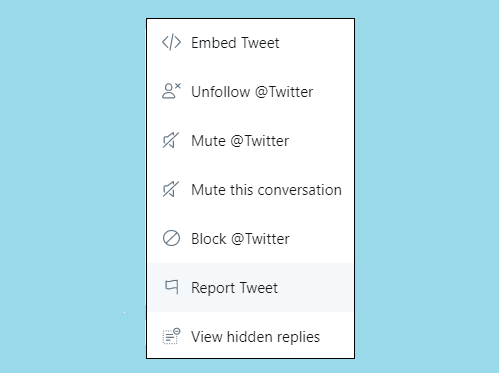
Journalists who are targeted by online harassment should be empowered to report and share abuse aimed at “silencing them and discrediting their work”, the International Press Institute has said.
The IPI has launched a new four-step framework to encourage newsrooms to better protect their journalists when they face online harassment.
It described such online abuse as a “threat to press freedom” that takes a “professional and emotional toll” on the journalists.
The launch came just days before tabloid journalists faced online abuse following ex-Love Island host Caroline Flack’s death, as some drew a link between news coverage and her suicide.
Mirror, Express and Star publisher Reach issued advice to staff yesterday, including an offer to remove links to their Twitter pages from their website bylines.
The IPI represents editors, media executives and senior journalists from around the world. It said the protocol was drawn up in response to research examining best practice at 45 newsrooms in the UK, Finland, Germany, Poland and Spain.
The first step news organisations should take, the IPI said, is to create a “culture of safety within the newsroom around online abuse and establishing clear channels to report it”.
All staff members should know how to report abuse, and an online safety coordinator should be appointed to receive such reports and escalate them where necessary.
Newsrooms should then be able to assess the risk of physical, psychological or reputational harm to the journalist and reputational damage to the media outlet itself through smear campaigns.
They ought to offer support of various types, whether digital security, legal or emotional, and finally track cases to assess how effective their responses have been, the IPI said.
Javier Luque, programme coordinator for IPI’s project to assess online harassment against journalists, said: “The guidelines provide media organisations with specific tools to create a culture of safety in newsrooms around online abuse, one that empowers journalists to report and share the abuse and smear campaigns that aim at silencing them and discrediting their work.”
The BBC’s director of editorial policy, David Jordan, sits on the IPI executive board, as does British Journalism Review editor Kim Fletcher and well-respected Filipino journalist Maria Ressa who is facing multiple libel trials and a maximum of 83 years in prison.
BBC director-general Tony Hall recently put the onus on social media companies to “do more” to tackle the “sickening” abuse aimed at the corporation’s journalists during the general election campaign.
Picture: Lisa Fotios/ Pexels
Email pged@pressgazette.co.uk to point out mistakes, provide story tips or send in a letter for publication on our "Letters Page" blog
